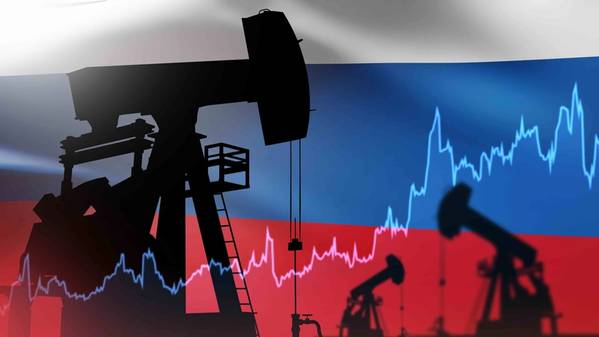
Freight rates for Russian oil shipments from the Baltic Sea ports to India have fallen in July-August as more tankers have become available, but this could change if new sanctions are imposed on Moscow, two traders said.
The European Union is finalising its 18th sanctions package on Russia, which may include a lower price cap on Russian oil.
The cap, introduced in 2022, bans trade in Russian crude oil transported by tankers if the price paid was above $60 per barrel.
The EU may decide on tighter price cap limits in its new sanctions, which could push it below $45 per barrel from current $60.
Global oil prices fell early in April, which pushed the price of Urals crude in Russia's ports below the $60 per barrel threshold, allowing more Western shipping companies to resume services for Russian oil, including freight.
The cost of shipping Urals oil from the Russian Baltic Sea ports of Primorsk and Ust-Luga to India fell to between $5 million and $5.3 million per one-way shipment on an Aframax tanker, which is able to carry 730,000 barrels of oil, on average, from between $5.5 million and $5.7 million in June.
Last week, the price for Urals oil remained below the $60 per barrel price cap, Reuters data showed.
U.S. president Donald Trump plans to make a "major statement" on Monday about Russia, which has prompted speculation that this could include a possible tightening of the sanctions against Moscow.
This announcement kept Russian oil freight market "frozen" since last Friday, one of the traders said.
Russian crude oil shipping rates rose sharply after a new round of U.S. sanctions on Russian energy interests announced in January came into effect. Russian oil sellers were forced to look for new tankers to replace those vessels hit by the sanctions.
Freight rates still remain above the pre-sanctions levels of early January, when the cost of shipping Russian crude from the Baltic ports to India stood at between $4.7 million and $4.9 million.
(Reuters)


